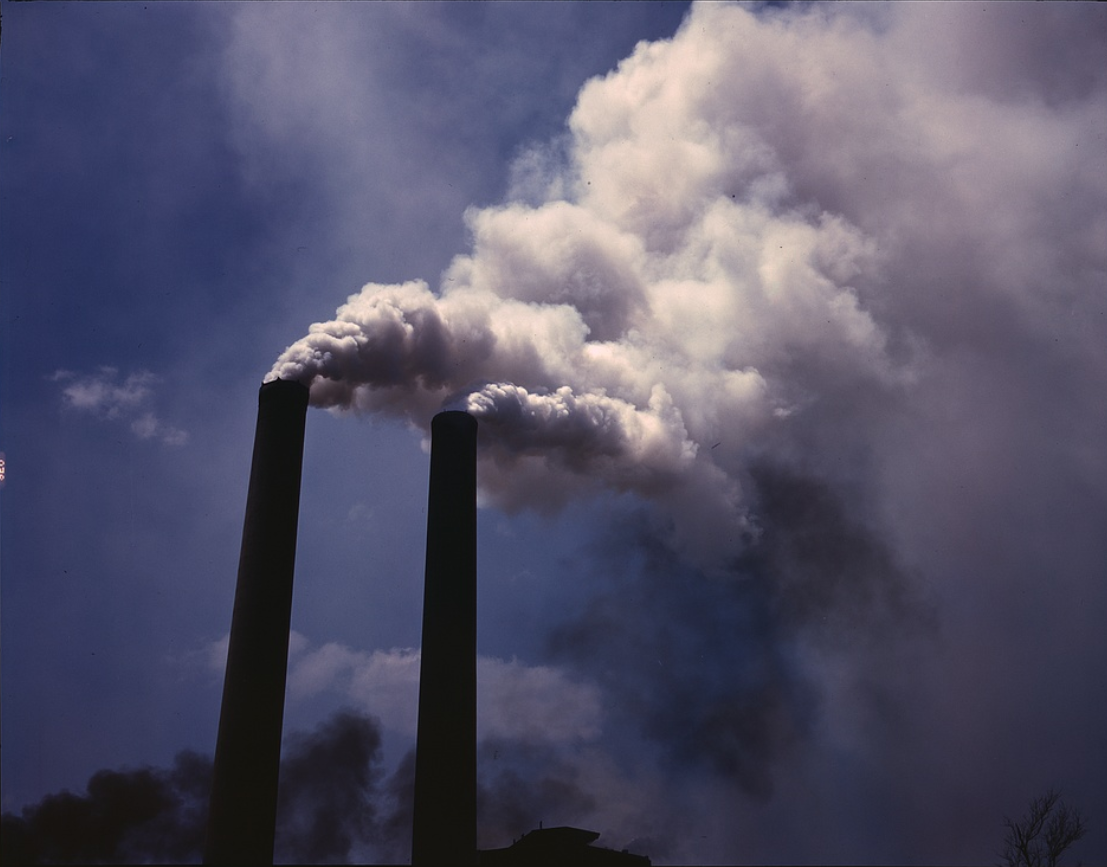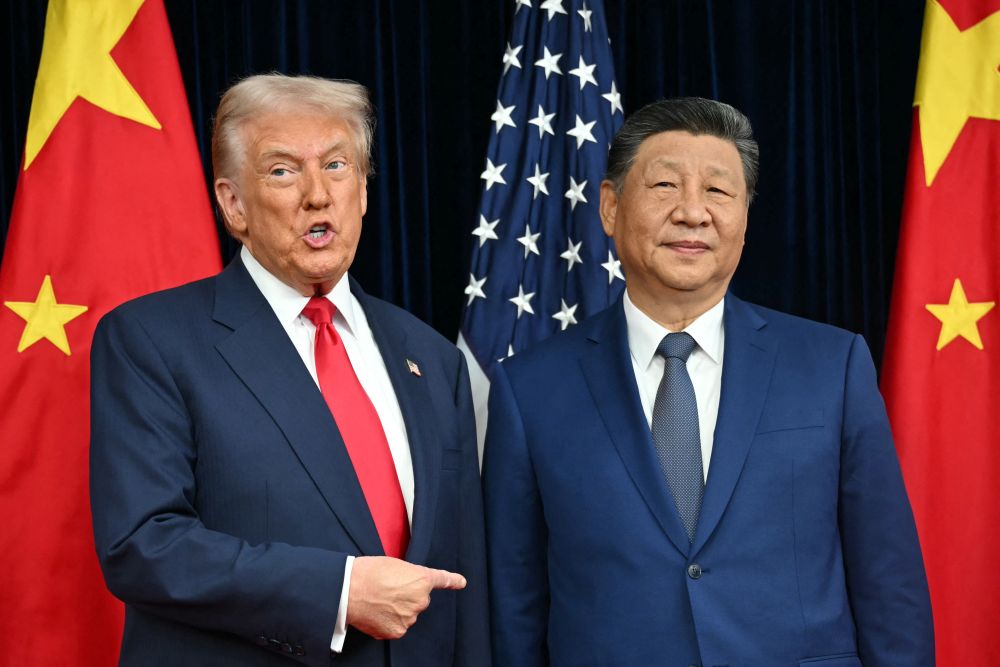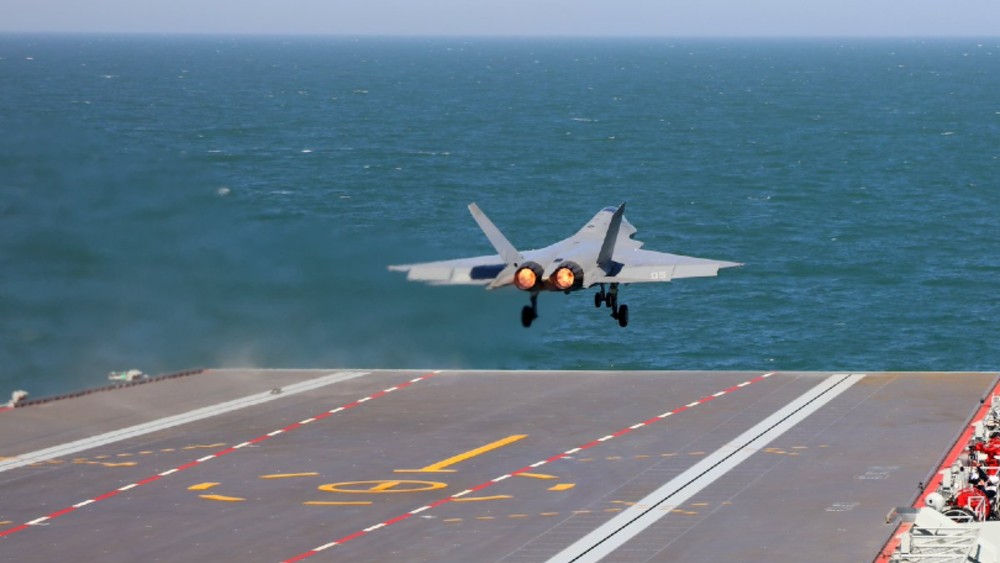
Japan's Prime Minister Sanae Takaichi (L) shakes hands with Chinese President Xi Jinping ahead of the Japan-China summit on the sidelines of the Asia-Pacific Economic Cooperation (APEC) Summit in Gyeongju on October 31, 2025-(AFP/FILE)
ISLAMABAD: Relations between China and Japan have deteriorated dramatically in the past week after Japan issued one of its strongest warnings yet regarding a potential conflict in the Taiwan Strait.
China slammed on Monday Japan's decision to push ahead with a planned deployment of missiles on an island near Taiwan, according to the AFP.
Its foreign ministry said Japan's missile deployment was a "deliberate attempt to create regional tension and provoke military confrontation."
Earlier this month, Japanese Prime Minister Sanae Takaichi had said that any attack on Taiwan could constitute a “survival-threatening situation” for Japan, a designation under its security laws that could allow limited collective self-defence in support of allies. The statement reflects growing concern in Tokyo over regional stability and the security of sea routes near Okinawa.
China condemned the remarks, accusing Japan of interfering in its internal affairs. The Chinese foreign ministry said Tokyo was violating the One-China principle and “sending the wrong signal” to what it calls “separatist forces” in Taiwan. Beijing also lodged a diplomatic protest with officials from Japan’s Embassy in Beijing.
In parallel, China expanded its coast guard and maritime militia presence near the Senkaku Islands, a territory claimed by China but administered by Japan. These patrols have become increasingly regular and assertive, raising tensions in already contested waters.
Background: China and Taiwan
China and Taiwan have operated under separate governments since 1949, after the Chinese Civil War, when the Nationalist government relocated to Taiwan and the Communist Party founded the People’s Republic of China (PRC) on the mainland. The PRC insists that Taiwan is part of “one China” and maintains that the Beijing government is the sole legitimate representative.
Official PRC sources cite UN General Assembly Resolution 2758 to argue that Taiwan has no independent status in the UN system. At the same time, Taiwan maintains its own democratic government, military, and domestic policies.
The feud reaches the United Nations
China's permanent representative to the UN, Fu Cong, wrote in a letter to UN Secretary-General António Guterres on Friday that “if Japan dares to attempt an armed intervention in the cross-Strait situation, it would be an act of aggression.”
China maintains that the strait dividing mainland China from self-governing Taiwan is part of its territory.
Economic pressure adds to the strain
On November 14, China issued a no-travel advisory for Japan, followed by recommendations that students reconsider enrolling in Japanese universities. Shares in Japanese tourism and retail firms fell sharply after Beijing discouraged its citizens from visiting Japan. Three Chinese airlines offered free cancellations or refunds for flights to Japan scheduled for November 15.
China also suspended imports of Japanese seafood. This follows a partial easing earlier in 2025, when China resumed seafood imports from some Japanese regions, subject to strict documentation requirements.
Beyond trade and tourism, two Japanese animated films scheduled for release in Chinese theaters were postponed indefinitely. State media reported that the delays were part of Beijing’s countermeasures.
At a routine press conference this week, He Yongqian, a spokesperson for China’s commerce ministry, stated that PM Takaichi's remarks had “severely damaged” economic relations between the two nations.
Where does Taiwan stand?
Taiwan has maintained a measured stance amid escalating tensions while continuing to strengthen its defense posture.
Authorities have expanded air and maritime surveillance, conducted regular readiness exercises, and developed missile defence and early warning capabilities. Taiwanese officials say they are closely monitoring regional developments, particularly as Chinese aircraft and ships operate near the island.
Taiwan lifts restrictions on Japan
According to AFP, Taiwan lifted all restrictions on Japanese food imports on Nov. 21 in a show of support for Tokyo. Previously, the Taipei government had banned food imports from five Japanese regions around the site of the 2011 Fukushima nuclear accident.
Taiwan's Food and Drug Administration said that “Japanese food safety management measures return to normal,” effective immediately.
What is happening now?
Japanese Prime Minister Sanae Takaichi said on Nov. 21 that she wants “constructive” ties with China and that Japan’s stance on Taiwan remains “unchanged” amid the dispute with Beijing.
“At the end of last month, President Xi [Jinping] and I confirmed the broad direction of comprehensively advancing our strategic, mutually beneficial relationship and building a constructive and stable relationship,” Takaichi told reporters. “The government’s position remains unchanged” on Taiwan, she added.
China, however, has signaled a cooling of diplomatic engagement. Premier Li Qiang will not meet one-on-one with Japanese Prime Minister Takaichi on the sidelines of the next G20 Summit, according to China’s foreign ministry.
“A meeting with the Japanese leader is not on Premier Li Qiang's agenda,” Chinese foreign ministry spokeswoman Mao Ning said last week in Beijing at a regular news briefing.
Latest News
Nearly 8,000 died or vanished on migrant routes in 2025: UN
22 MINUTES AGO
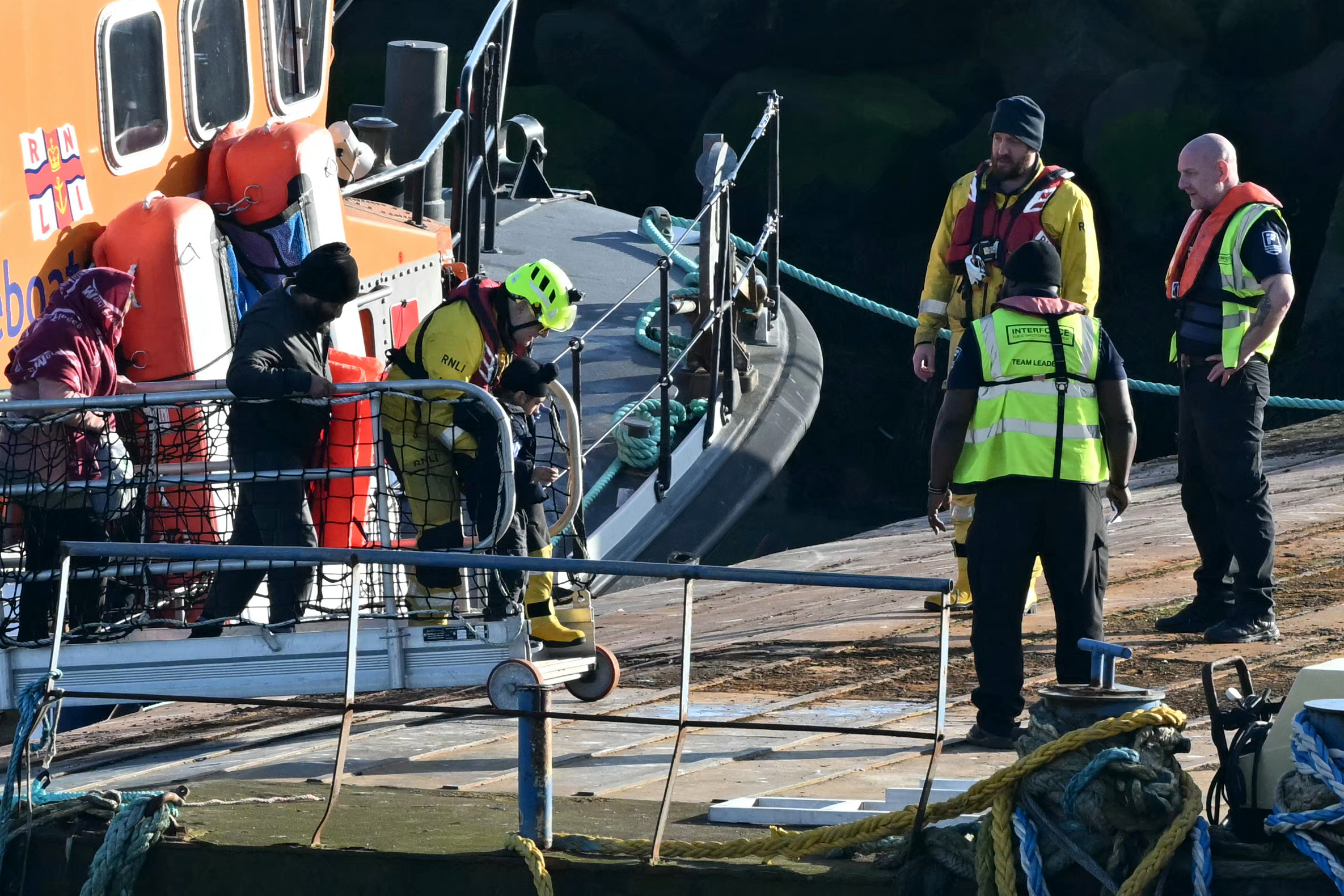
Russian says 'no deadlines' to end Ukraine war
AN HOUR AGO
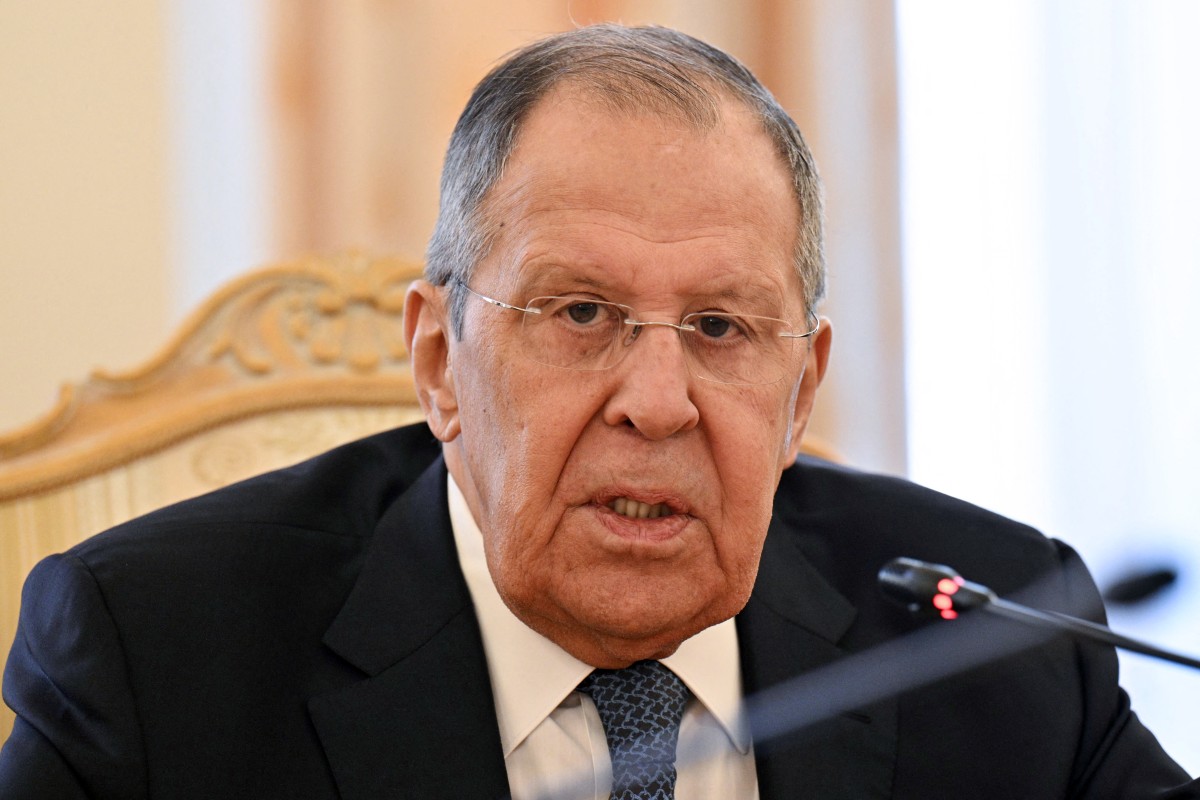
Merz says Germany, China must overcome trade gaps 'together'
4 HOURS AGO

Pakistani, European ministers agree on coordinated strategy to combat illegal migration
4 HOURS AGO

UN approves first carbon credits under Paris Agreement
4 HOURS AGO
